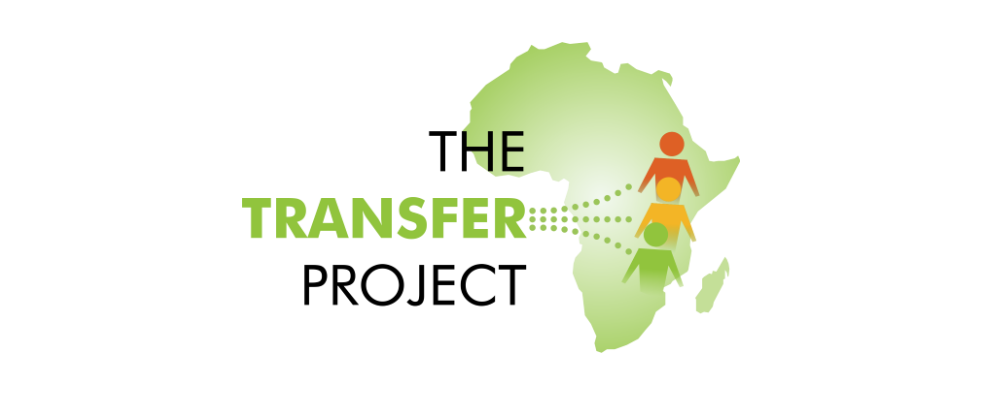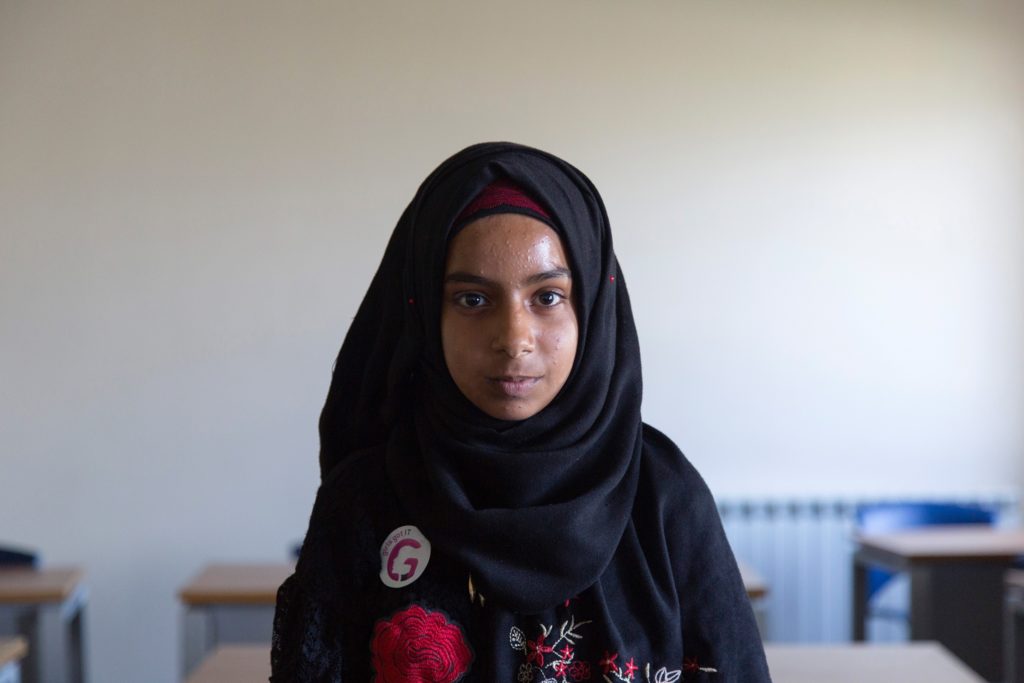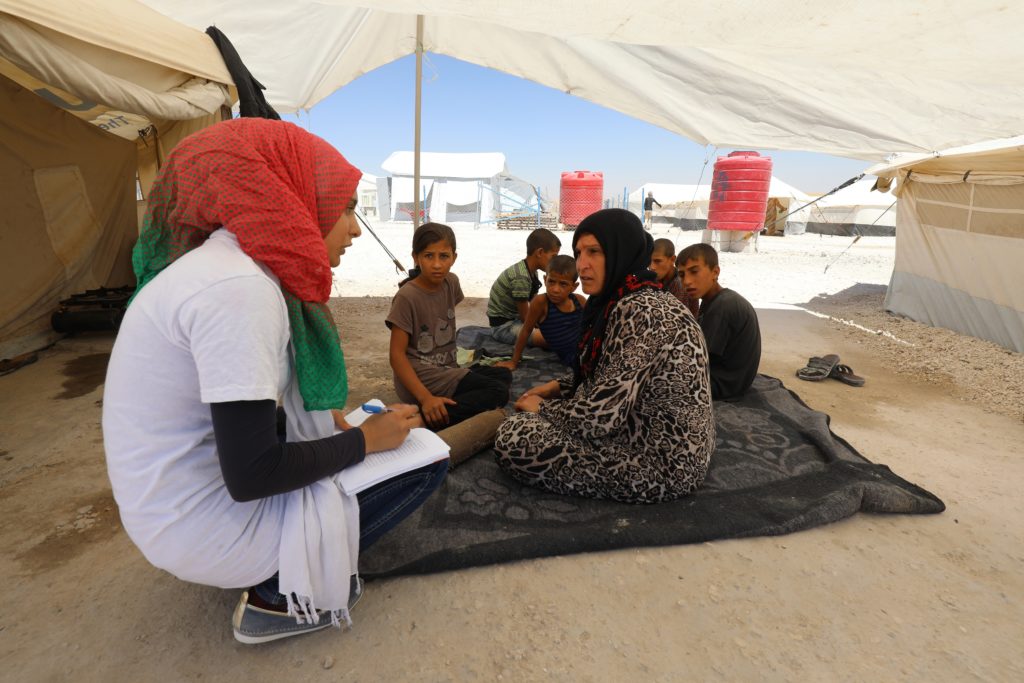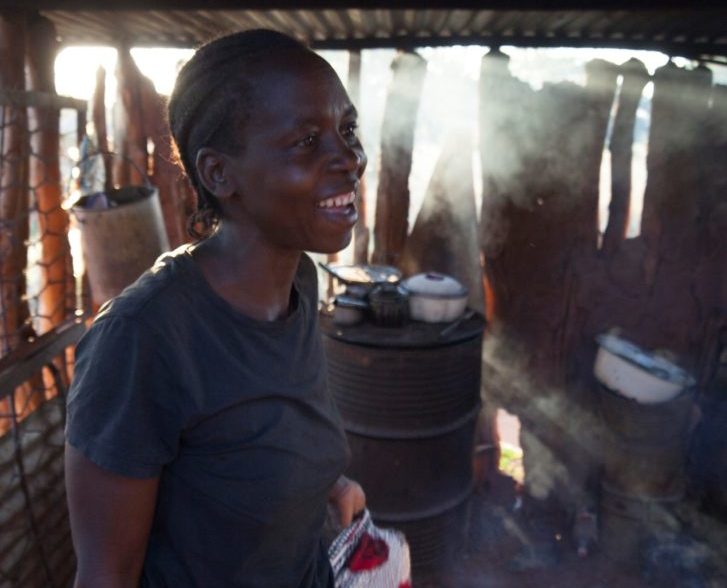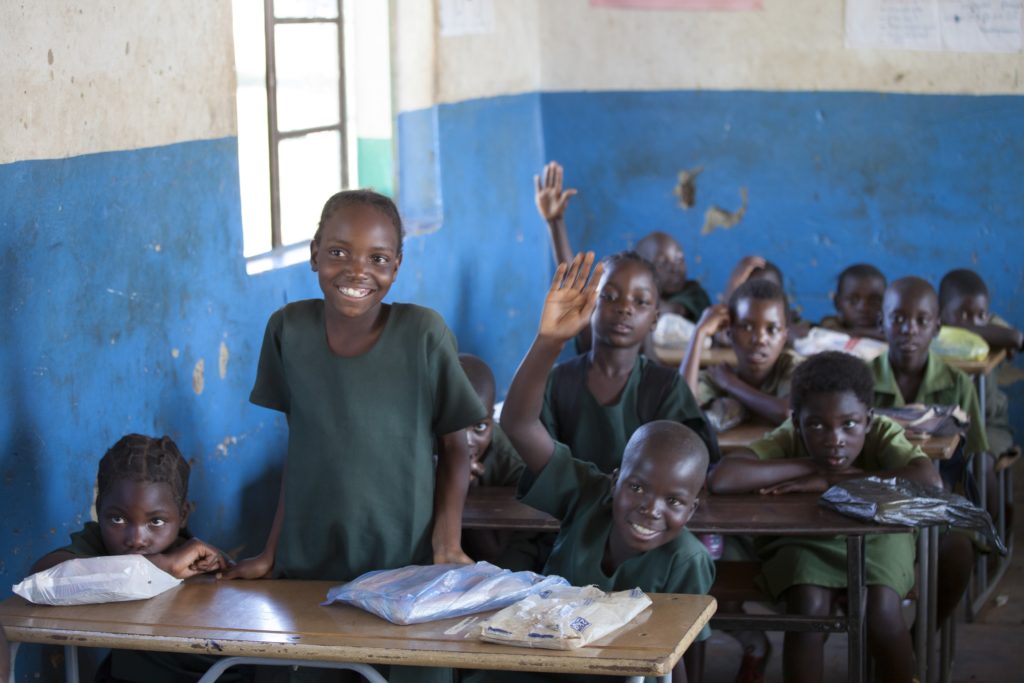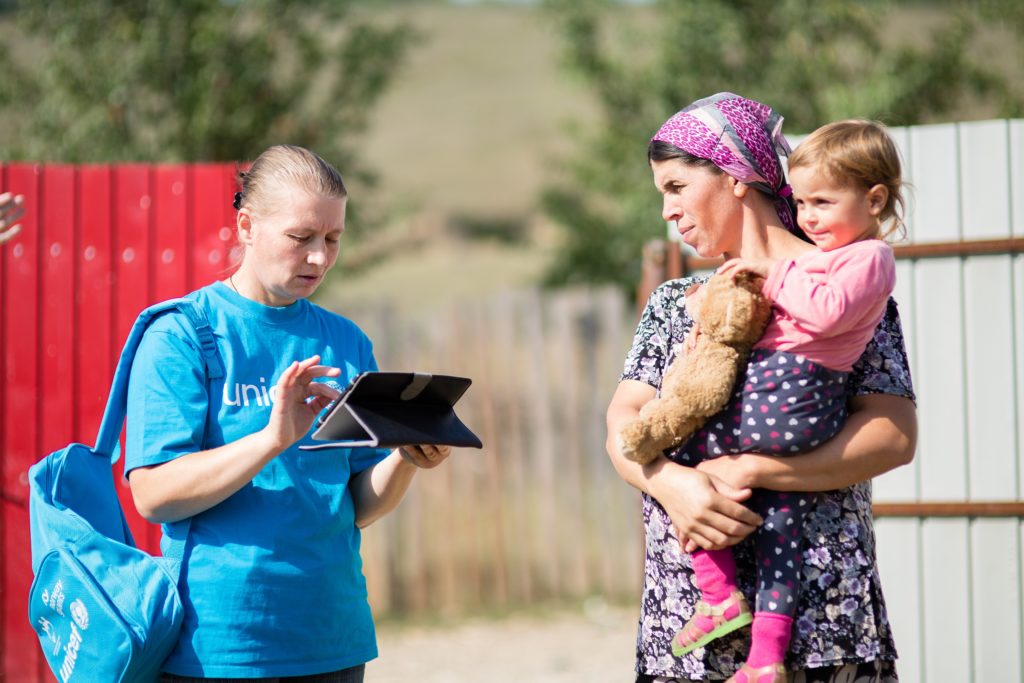Blogs
Imagine you work for UNICEF in Lebanon. Your team has the challenging task of ensuring that half a million displaced Syrian children who fled the war in their home country attend primary school. These children live scattered throughout the country, as Lebanon has a “no-camps” policy. Many of them are traumatized and grow up in…
Gender-based violence is notoriously under-reported—for understandable reasons. Experience of violence is highly stigmatized and victims are often shamed. Respondents may be fearful of retaliation if perpetrators and others find out they have disclosed their experiences. There may also be cultural taboos about disclosing violence, which may be seen as a family issue. This is why…
Luisa Natali (UNICEF Office of Research - Innocenti) - Last Fall I visited three of the most poverty-stricken rural districts of Zambia: Kaputa, Kalabo and Shangombo. Each location took two days’ travel by car from Lusaka. We drove up to Kaputa, near the border with DRC, with a stock of jerry cans filled with fuel,…
If you work in international development or set aside a portion of your paycheck to donate to promising global causes, then you’ve probably heard of a new trend in giving: direct cash transfers. For example, it is likely you’ve heard about the NGO GiveDirectly. which gives money via mobile transfer with ‘no strings attached’ to…
There was a time when UNICEF was known in development circles as the agency that “does everything but knows nothing.” Indeed, UNICEF is known for getting things done for children through persuasive advocacy, a human rights approach, and its presence on the ground. Today UNICEF is increasingly committed to evidence-based programming, and researchers around the…
